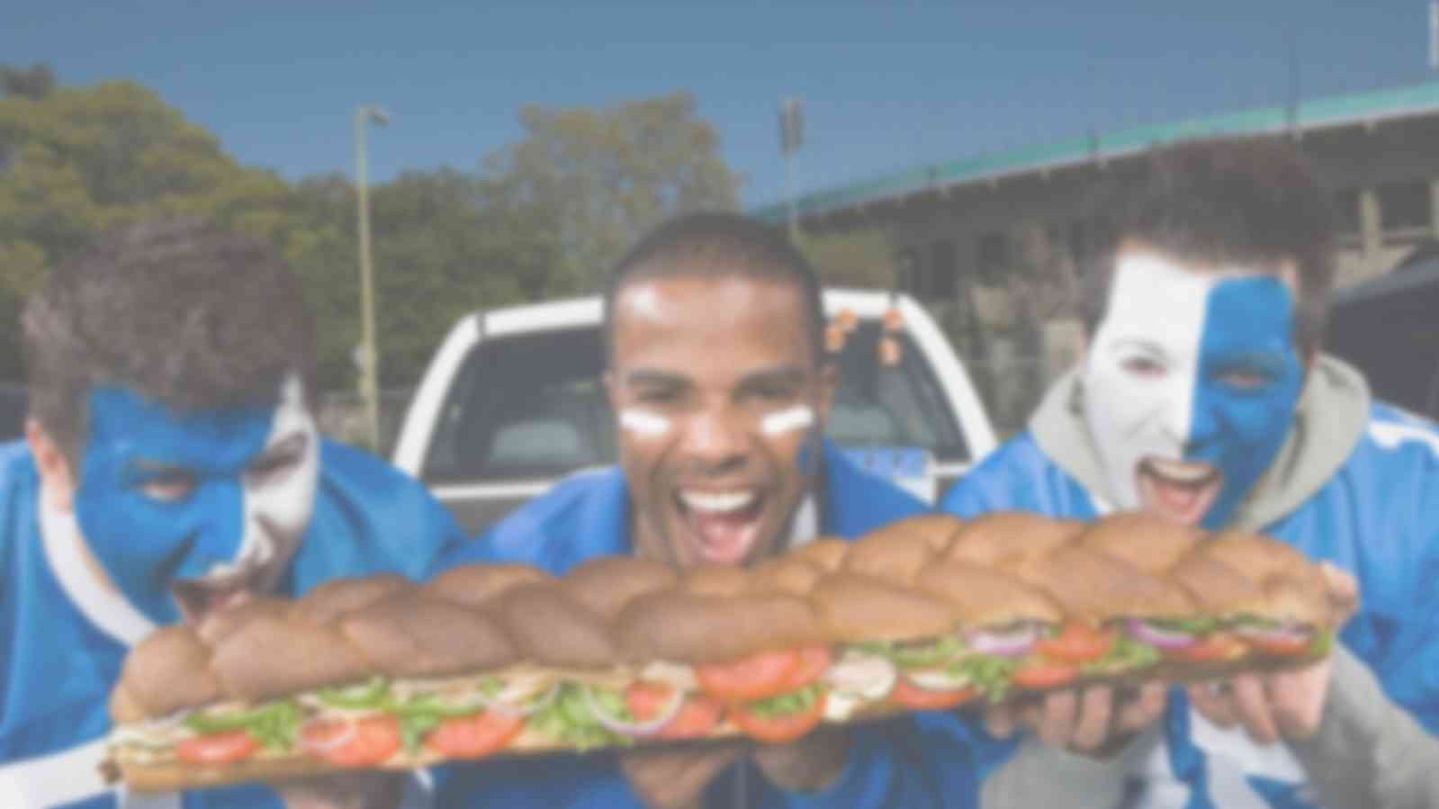Story highlights
Roger Goodell is asked multiple times why he hasn't seen a Patriots game in Foxborough
He says the situation "is not awkward at all" for him
Some notable news items came out of NFL Commissioner Roger Goodell’s Wednesday news conference ahead of Super Bowl LI. But those probably won’t be what will be remembered about the afternoon.
Goodell announced that former President George H.W. Bush and former first lady Barbara Bush, days after they were released from a local hospital, will participate in the coin flip before the game.
The commissioner would not comment on the temporary ban on refugees in certain countries, saying he’s “singularly focused on the Super Bowl right now.” The game will be Sunday in Houston, where the New England Patriots will meet the Atlanta Falcons.
Goodell also said there hasn’t been a decision on whether the Oakland Raiders will move to Las Vegas and that he can’t see a casino owner ever being the owner of an NFL team.
Despite those stories, the lasting image will be of Goodell defending himself as reporters peppered him with questions about not attending a Patriots home game at Gillette Stadium in Foxborough, Massachusetts, in the two years since the Deflategate scandal – in which Patriots quarterback Tom Brady was accused by the NFL of knowing game footballs were being deflated.
“I have no doubt that if I wanted to come up to a Patriots game and I asked Mr. (Robert) Kraft, he would welcome me back,” Goodell said of the Patriots owner. “That’s up to him, though.”
Goodell was asked how his relationship with the Patriots organization has changed since Deflategate, a case that dragged through the court system and ultimately ended in the NFL’s favor.
“Listen,” the commissioner said. “We have a disagreement about what occurred. We have been very transparent about what we think the violation was. We went through a lengthy process. We disagree about that. But I continue to respect and admire Robert, (team president) Jonathan (Kraft), the entire organization. They are an extraordinary organization. And they’re extraordinary people, in my view. So I have a very deep and close relationship to that, but that doesn’t change that we have to compartmentalize things that we disagree on.
“But I’ll be honest with you. I have disagreements with probably all 32 of our teams. I’m not afraid of disagreement. I don’t think disagreement leads to distrust or hatred. It’s just disagreement.”
Goodell said the situation “is not awkward at all” for him.
“If I’m invited back to Foxborough, I’ll come,” he said.
Goodell refused to say whether he had talked to Brady this season.
“I never talk about whether (or) when I have conversations, who I have conversations with,” Goodell said. “If they want to disclose that, that’s their prerogative.”
Another question lobbed at the commissioner was about a perception of eroding public trust in him and the NFL front office. That was a reference to the angst of fan bases in New England, San Diego and St. Louis. The Chargers left San Diego after 56 years to move to Los Angeles, joining the Rams, who left St. Louis.
“The thing you have to always do, every day, is earn that trust, earn that credibility, and it’s by how you act and how you do things, being transparent, making sure people understand the decisions you make. I don’t expect for one second for people to agree with every decision that I make or we make as a league. Those are always difficult, sometimes contentious and sometimes less-than-perfect decisions. But you do them with the best interests of the long-term health of the game and the NFL, and I think we do that.”






